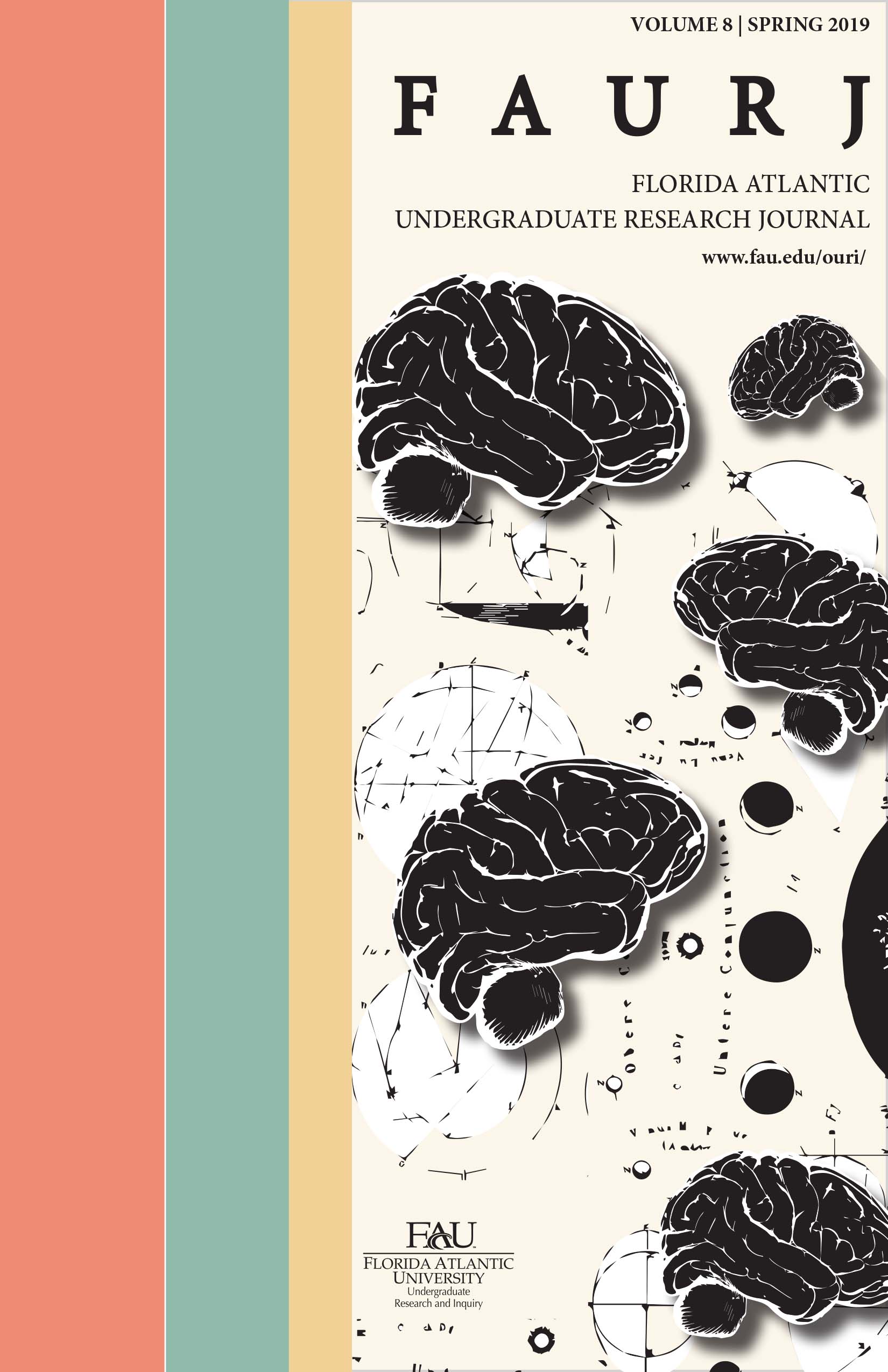Triple Marginalization in Antes Que Anochezca (1992): Contextualizing Reinaldo Arenas's Memoires Before and After the 1959 Cuban Revolution
Keywords:
Reinaldo Arenas, memoires, Cuban Revolution, marginalizationAbstract
This article contextualizes Cuban writer
Reinaldo Arenas’s narrative in his autobiography Antes
que anochezca (1992). The author presents himself as a
marginalized character living in a rural, poor area since
childhood under the dictatorship of Fulgencio Batista
(1952–1959). Likewise, the writer presents himself
equally misunderstood in adulthood, both during Fidel
Castro’s 1959 rise to power and during his 1980 exile
to the United States. Analysis of Arenas’s progressive
disenchantment focuses on his revolutionary ideals, the
Revolution’s impact on his sexual and intellectual life,
and the sociopolitical environment observed before and
after the Cuban Revolution’s triumph, including his exile.
The article’s objectives are to answer the following: What
can we learn from the memoirs of this young “guajiro”
raised in rural Holguín? When does Arenas begin to feel
excluded from Castro’s revolutionary project? Lastly, does
Arenas find moral and economic support as a political
refugee in the United States?


